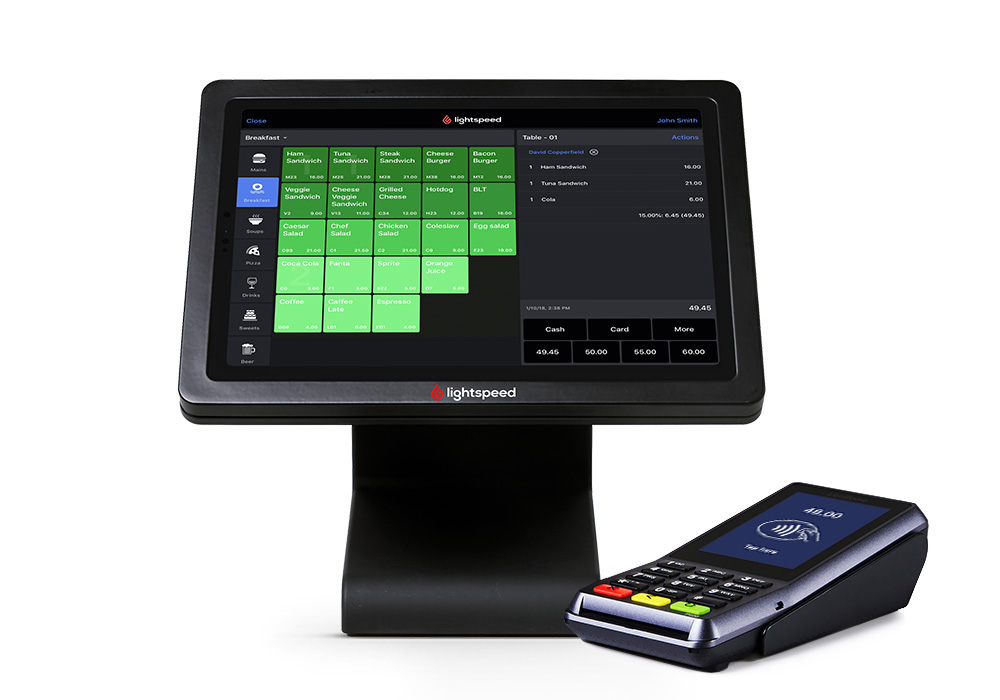In the current quick-moving business environment, choosing the appropriate payment processor for your POS system is crucial for guaranteeing efficient transactions and upholding customer satisfaction. As transition from traditional cash registers to modern cloud-based solutions, the value of integrating a trustworthy payment processing solution has reached new heights. A carefully selected payment processor not only increases the efficiency of your operations but also offers security and flexibility that satisfy the needs of your specific industry.
Understanding what a POS system is and how it can revolutionize your business is the initial step in making an educated decision. From enhancing customer experience in hospitality to providing robust inventory management features, a modern POS system is equipped with countless functionalities that can propel growth and improve productivity. As you evaluate your options, consider how the latest technology trends, such as contactless payments and AI integration, will play a crucial role in defining the future of transactions for your business.
Understanding POS Solutions
A POS system is a combination of physical components and software that allows businesses to manage transactions and handle sales data. Traditionally associated with retail settings, modern POS systems have evolved significantly and can serve a multitude of industries, including restaurants, hotels, and online retail. These systems not only process the real payment process but also track inventory, generate sales reports, and enhance customer involvement, making them crucial tools for modern businesses.
The tech behind POS systems has advanced from simple cash registers to sophisticated cloud-based solutions that deliver increased adaptability and flexibility. Cloud computing allows businesses to access their data from any location, providing real-time insights into sales performance and inventory levels. This transformation allows small businesses to leverage the identical advanced features that were once reserved to larger enterprises, balancing the playing field in competitive markets.

Choosing the appropriate Point of Sale system needs an awareness of its features and functionality, as well as how it can correspond with your business goals. Aspects to ponder include user-friendliness, ability to integrate with other software, support for various payment methods, and security features to protect customer data. A properly selected POS system can revolutionize business operations, improve customer experiences, and in the end drive growth.
Choosing the Appropriate POS Solution
Choosing the right POS system is vital for the effectiveness of your enterprise. Start by recognizing your distinct operational demands, as various industries require diverse functionalities. For instance, a retail establishment might focus on inventory oversight and customer loyalty features, while a restaurant may need effective table management and gratuity handling. Comprehending the specific demands of your enterprise will assist narrow down the alternatives and showcase the systems that deliver the most features.
Next, think about the capacity for growth of the POS system. https://gliderton0.bravejournal.net/a-role-of-pos-systems-in-efficient-customer-relationship-management might be modest today, but expansion is often the goal. Opt for a system that can adapt with you, providing additional features and integrations as your needs evolve. Seek out cloud-based solutions that permit for effortless updates and scalability without the complication of extensive hardware changes. This adaptability will ensure that your funding continues viable in the long term, adapting to the requirements of your developing operations.
Finally, assess the payment processing methods that the POS system offers. It is essential to select a processor that provides various payment types, including credit and debit cards, mobile payments, and touchless transactions. Security features should not be neglected, as PCI compliance is essential to safeguard customer data and foster trust. Examine the fees associated with transaction fees and overall compatibility capabilities with your current systems. A seamlessly connected payment processor can enhance efficiency and create a slick customer experience, making your POS system a potent tool rather than just a transactional device.
Ensuring Protection and Adherence
In today's digital landscape, ensuring the safety and conformity of your POS system is crucial. Businesses must emphasize safeguarding critical customer information, especially transaction data, to prevent cyber threats. Implementing strong encryption methods and ensuring secure connections can significantly reduce vulnerabilities. Consistently updating your system with the latest security patches is essential for keeping your POS system resilient against evolving threats.
Compliance with regulations such as PCI DSS is critical for any business that processes payment transactions. Grasping these guidelines not only helps protect customer data but also shields your business from potential legal ramifications and hefty fines. Being informed about compliance requirements and conducting routine audits will guarantee that your POS system aligns with industry standards.
Moreover, committing to a secure POS system can improve customer trust and loyalty. By being forthright about your security measures and demonstrating a commitment to protecting their data, you can create a favorable reputation. Additionally, educating staff on security best practices will encourage a culture of vigilance, ensuring all employees plays a part in upholding security and compliance in your organization.
